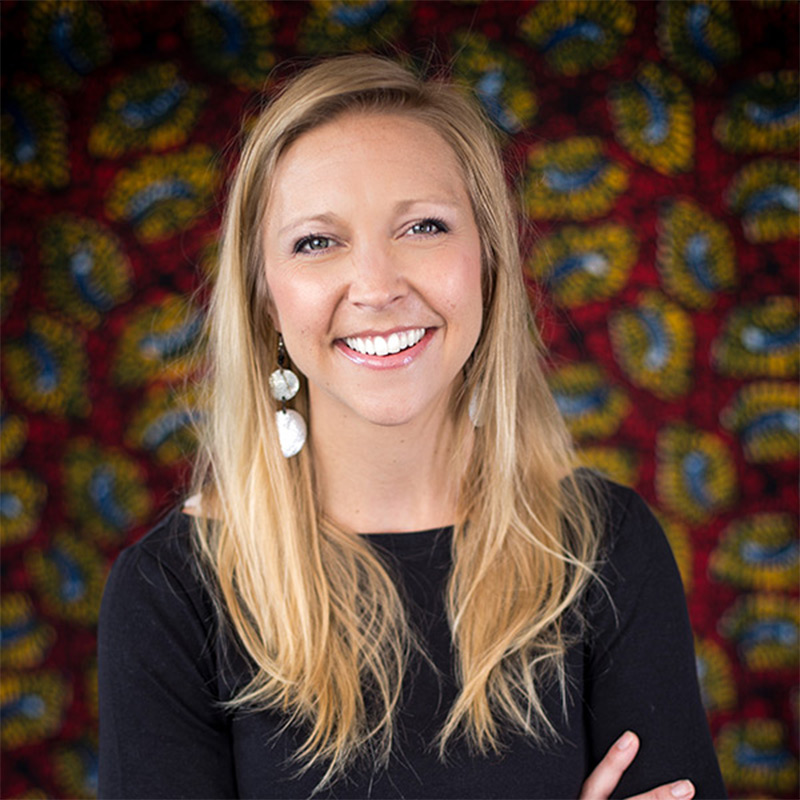In low- and middle-income countries (LMICs), like Ghana, the wide-ranging benefits of mobile technology are evident in the everyday life of underserved communities. Mobile enables access to voice and communication services, and provides a preferred, and often first, entry to the internet. More so, in many markets, mobile phones enable access to formal financial services like mobile money, which in turn unlocks access to a variety of life-enhancing services and utilities.
However, as mobiles become ubiquitous and functionalities increase in sophistication, not all user groups are afforded the same level of access or can enjoy the benefits of being connected. This is particularly prevalent for women, as a significant gender gap in mobile phone ownership and usage in LMICs means women are missing out.
In many parts of the world, mobile network operators are realising that women’s access and use of mobile technology is hampered by various barriers, including that of safety and security. One such country is Ghana, where women are experiencing mobile-related harassment such as unsolicited phones calls and text messages. This is due, in part, to the misuse of mobile numbers obtained by agents or at points of sale, as customers’ phone numbers are typically also their mobile money account number and commonly shared with the agent or merchant when making transactions.
As introduced in our previous blog, the GSMA Inclusive Tech Lab are collaborating with GSMA Connected Women and MTN Ghana to explore innovative ways in which tokenisation of the mobile phone number can be used to improve security for women, and in fact all customers that would use this functionality. Tokenisation is a technology in which a sensitive data element is substituted by a non-sensitive equivalent, referred to as a token, that has no exploitable meaning or value.
As an operator, it is of utmost importance that all our users feel secure when accessing our Mobile Money services. In our fight for inclusion, we have identified that usage among women is lagging due to various factors including security concerns such as the fear of being harassed when contact details are revealed. We are excited to work with GSMA on the prospect of offering a solution using mobile number tokenisation that has the potential of improving women’s digital safety.
Ruth Badoo, MTN Ghana
The solution developed with MTN Ghana highlights the main advantages of tokenisation in mobile money services like MTN MoMo. It shows how different transactions can be done while replacing the user’s sensitive phone number with a token, which is a non-sensitive, context-restricted number. The use cases provided in the solution were driven by MTN Ghana’s request and based on their current services such as cash-in / cash-out of money and performing a payment at a merchant location. Still, any new use case can quickly be tokenised to meet new business requirements.
The customer can request a token at any time using a simple SMS saying, “GET TOKEN”. Using the token number, the customer has access to a variety of mobile money services, avoiding the disclosure of their mobile phone number. On the other side, the agent does not need to do anything different. The phone number field can be filled with the token number and the transaction will proceed normally. If desired, the user can delete the token and request a new one.
The solution was created with a user-first mindset, aiming to keep the interaction intuitive and with changes that do not impact the processes users are accustomed to. With the target user group in mind, this is key to accommodate users’ digital skills and existing behaviours with minimal disruption.
At the same time, the technological solution was designed such that it requires minimal changes to the operator’s current platform. This is possible because the token can have the same format as the current mobile number. In that way, the system interfaces to access the services by users and agents can be the same, requiring only small changes on the server-side and making the solution much easier to be implemented and deployed by industry players.
Mobile technology in emerging markets is crucial in enabling access to basic services and providing opportunities for personal and economic growth. We are passionate about ensuring that women are afforded those same opportunities to enhance their participation in society and the economy. Our work with the GSMA Inclusive Tech Lab brings us a step closer to offering solutions that are potentially applicable to improve lives on a global scale.
Matt Bohan, Senior Program Officer at the Bill and Melinda Gates Foundation
Do you want to know more about this project and the use of mobile tokenisation? The solution is now available here. We will be making this project open source in the coming months. If you also think this type of solution can help to provide security, inclusion, and safety to your market, we can support you.
Jointly with industry players, the Inclusive Tech Lab develops white-label mobile technologies with a focus on facilitating services for the underserved in emerging markets. Visit GSMA Inclusive Tech Lab or email us at [email protected].
MTN Ghana is a valued partner of GSMA Connected Women’s Commitment Initiative.
The GSMA Inclusive Tech Lab is funded by the Bill & Melinda Gates Foundation.


